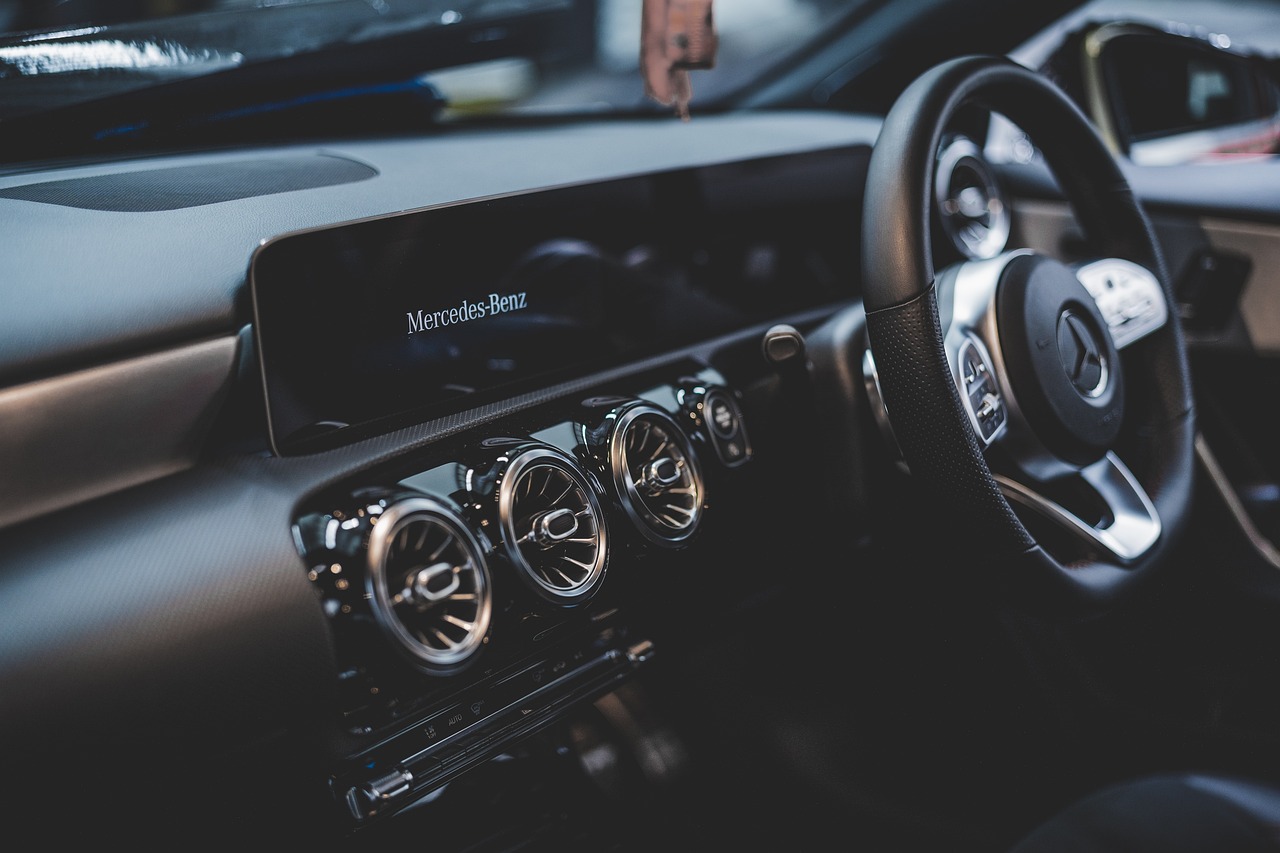The Impact of Artificial Intelligence on Car Manufacturing Processes
With the advancements in artificial intelligence technology, car designers are now able to push the boundaries of creativity like never before. AI algorithms analyze vast amounts of data to identify trends and predict consumer preferences, allowing designers to tailor their creations to meet market demands effectively. This has led to the development of sleeker, more aerodynamic designs that not only look visually appealing but also improve performance and fuel efficiency.
Furthermore, AI is enabling car designers to streamline the design process by automating repetitive tasks and offering innovative solutions to complex engineering challenges. By leveraging AI-powered software, designers can quickly generate multiple design iterations and evaluate their feasibility in a fraction of the time it would take using traditional methods. This not only accelerates the design process but also ensures that every aspect of the vehicle is meticulously optimized for performance, safety, and comfort.
Improving Efficiency in Car Assembly Lines with AI
When it comes to car assembly lines, efficiency is paramount. With the introduction of artificial intelligence (AI) technology, manufacturers are finding innovative ways to streamline their production processes. AI is being utilized to optimize workflow, minimize downtime, and reduce errors in car assembly, ultimately leading to improved efficiency and cost savings for manufacturers.
One key way AI is enhancing car assembly lines is through predictive maintenance. By analyzing data in real time, AI systems can predict when equipment is likely to fail, allowing for proactive maintenance rather than reactive repairs. This predictive approach not only minimizes downtime but also extends the lifespan of machinery, leading to increased efficiency and productivity on the car assembly line.
How is artificial intelligence revolutionizing car design?
Artificial intelligence is revolutionizing car design by allowing for more efficient simulations and optimizations, resulting in better performance and design aesthetics.
How does AI improve efficiency in car assembly lines?
AI improves efficiency in car assembly lines by optimizing production processes, predicting maintenance needs, and reducing errors in assembly.
Can AI help reduce production costs in car manufacturing?
Yes, AI can help reduce production costs in car manufacturing by identifying areas where costs can be minimized, improving production efficiency, and reducing waste.
What are some examples of AI applications in car manufacturing?
Some examples of AI applications in car manufacturing include robotic automation, predictive maintenance, quality control, and supply chain management.
Is AI replacing human workers in car assembly lines?
While AI is automating certain tasks in car assembly lines, human workers are still needed for more complex and creative tasks that require human judgment and expertise.







